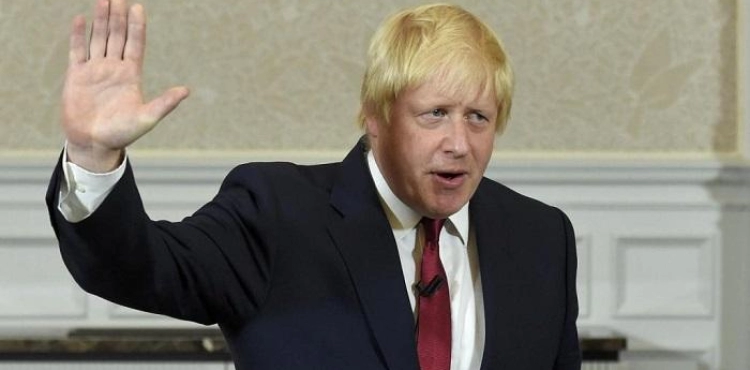The European Union´s chief EU negotiator on BRICEST has strongly rejected a request by British Prime Minister Boris Johnson to renegotiate a new agreement on BRICEST, "He said.
European leaders accept a new BRICC agreement with the removal of the clause on a "safety net" aimed at avoiding the return of physical borders between Northern Ireland and the Irish Republic following Britain´s exit from the European Union.
But this scenario, which would avoid the economic consequences of an unregulated BRICST, is unlikely to happen. European leaders have said they do not intend to reopen negotiations over the BRICEST agreement, which was reached after difficult talks. EU chief negotiator on Brixt Michael Barnier on Thursday described Boris Johnson´s proposal to scrap the safety net as "unacceptable".
If European leaders offer major concessions to Britain, they will set a precedent that might encourage other countries skeptical of Europe, which they are trying to avoid.
The two sides do not reach an agreement and Britain emerges from the European Union without an agreement, a scenario Boris Johnson says he is prepared for, saying he intends to leave the union by October 31 at all costs after twice postponed the date.
On Thursday, Johnson announced that "Britain is ready to face this situation better than many think," and expressed his desire to accelerate preparations.
He asked Michael Goff, his right arm in the government, to make preparations for BRICST "without his absolute priority agreement."
Barnier said that "the absence of an agreement will never be the option of the European Union, but we must be ready for all scenarios."
The British parliament opposes the majority of Brikst "without agreement". To do so, Johnson may decide to suspend parliament and thus prevent deputies from voting. But such a move could cause a political crisis.
In this scenario, London is expected to pay 39 billion pounds (45.5 billion euros) to the European Union to meet its obligations to its partners when they exit. If it comes out "without agreement," this amount would be "available to help address potential consequences" associated with an unregulated exit, Johnson said. It will display itself in this case for feedback. In early June, French President Emmanuel Macaron warned that "failure to respect international commitments is equivalent to defaulting on sovereign debt with the consequences we know."
Jeremy Corbin, leader of the Labor Party, Britain´s largest opposition party, has been urging Britons to give their views on BRICEST in a new "referendum" or in early legislative elections.
Such a ballot may be organized after a vote of no-confidence motion by the Labor Party is voted on, but it is waiting for the best timing to do so. Since the parliament´s holiday began on Thursday evening, the opposition will not be able to make such a note before the summer break ends in early September.
Johnson may call for elections in the hope of strengthening the majority, which currently does not exceed two votes thanks to the support of his ally the Northern Irish Union Party small.
The political scientist at the University of Strathclyde John Curtis said it would be a "serious mistake for the Conservative Party" if he called for the elections, in an analysis posted on the site of The Telegraph, asserting that conservatives obtained only 25% of the intentions of votes, according to recent polls .












